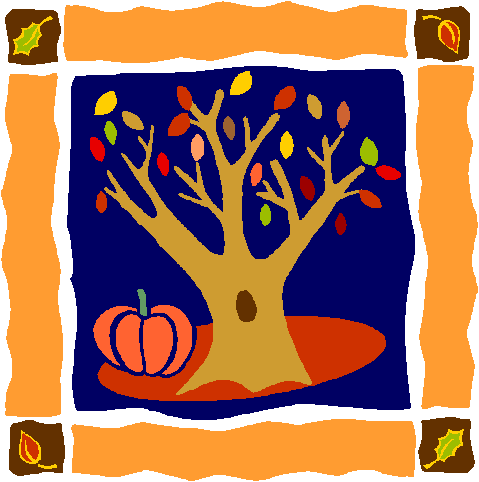SKILLS
FOR BIBLICAL LITERACY
 These overall skills are helpful in studying and are necessary to master the
art of learning scripture.
These overall skills are helpful in studying and are necessary to master the
art of learning scripture.
1.
The ability to establish the purpose for reading.
o
Are you reading for recreation?
o
Are you reading for getting to know God more?
o
Are you reading for getting to know God’s truth better?
o
Are you studying topically?
o
Are you studying one book?
o
Are you searching the scriptures for answer to a personal concern?
o
Are you reading for doctrine?
o
Are you reading to learn to teach someone else?
2.
Adjusting reading speed according to the purpose of studying
o
Are you skimming the passage?
o
Are you reading for content?
o
Are you scanning for specific details?
3.
Spotting context clues in the passage.
o
Recognizing vocabulary
o
Being able to use words and phrases to understand unknown words or concepts.
o
Identifying specialized terms from common terms.
o
Identifying figurative language from literal meanings?
4.
Using critical thinking skills are a part of studying scripture.
o
Recognizing patterns (such as order, sequence, contrast/comparisons,
cause/effect relationships, prediction skills).
o
Finding personal interests in scriptures to learn self-motivation to study.
o
Self-monitoring skills (How well am I comprehending? Am I reading too fast or
too slow? Etc.)
o
Ability to adjust one’s energy level to the event of learning.
o
Adjust listening according to the situation (i.e. during preaching, a
discussion class, listening to a fellow Christian to give support).
o
Rise above the expectations of others.
5.
Self-questioning skills are necessary to pull the meaning from the passage.
o
Who, what, where, how, why questions are the starting points
·
Who is the main character?
·
Who is the author of the book being studied?
·
What is the main point the author is pointing out?
·
What is the supporting material that backs up the main point?
·
Where does it take place (geographical, where in the book, where in the Bible,
etc)?
·
How is the passage constructed?
·
Why is the passage placed where it is?
o
Advanced questioning skills
§
Knowledge based questions (Recalling facts, figures, numbers, persons,
names, places, things, words, etc).
§
Comprehension based questions (Placing the content in your own words,
etc)
§
Application based questions (Use the facts, names, places, simple
concepts in various other situations—i.e. How can faith in God
affect my relationships?)
§
Analysis based questions (The ability to break apart a whole into
smaller parts to identify them—i.e. Identify the 5 different ways to use
scripture mentioned within 2 Timothy 3:16,17 and how each one is used in
various ministries.).
§
Synthesis based questions (The ability to bring other passages to the
current passage being studied that support, enhance or illustrate the concepts
being reviewed—i.e. How does Ephesians 2:8-10 and Romans 12:1,2 provide a
picture of purpose in Christian service).
§
Evaluation based questions (The ability to compare the concepts gleaned
from a passage to established standards—i.e. Explain how being God’s
workmanship created to do good works {Ephesians 2:8-10}
fulfills the teaching of loving your neighbor as yourself.)
*Advanced
questioning skills adapted from The Taxonomy of Educational Objectives
by Benjamin S. Bloom.